Bottles is the free and open source app that allows you to easily manage Wine, the Windows compatibility layer on Steam Deck and Linux. Another new version is live, with a whole new versioning system to help you roll back changes.
Their versioning system is part of what makes it unique and this is a huge advancement for the app. This new version allows you to basically have snapshots of each Bottle where things are installed, which includes the files inside and the main configuration of the Bottle itself so you can roll it back to a different point in time - perhaps before you broke it.
As they gave a demo in the below video when they installed a component and they restored to a previous state:
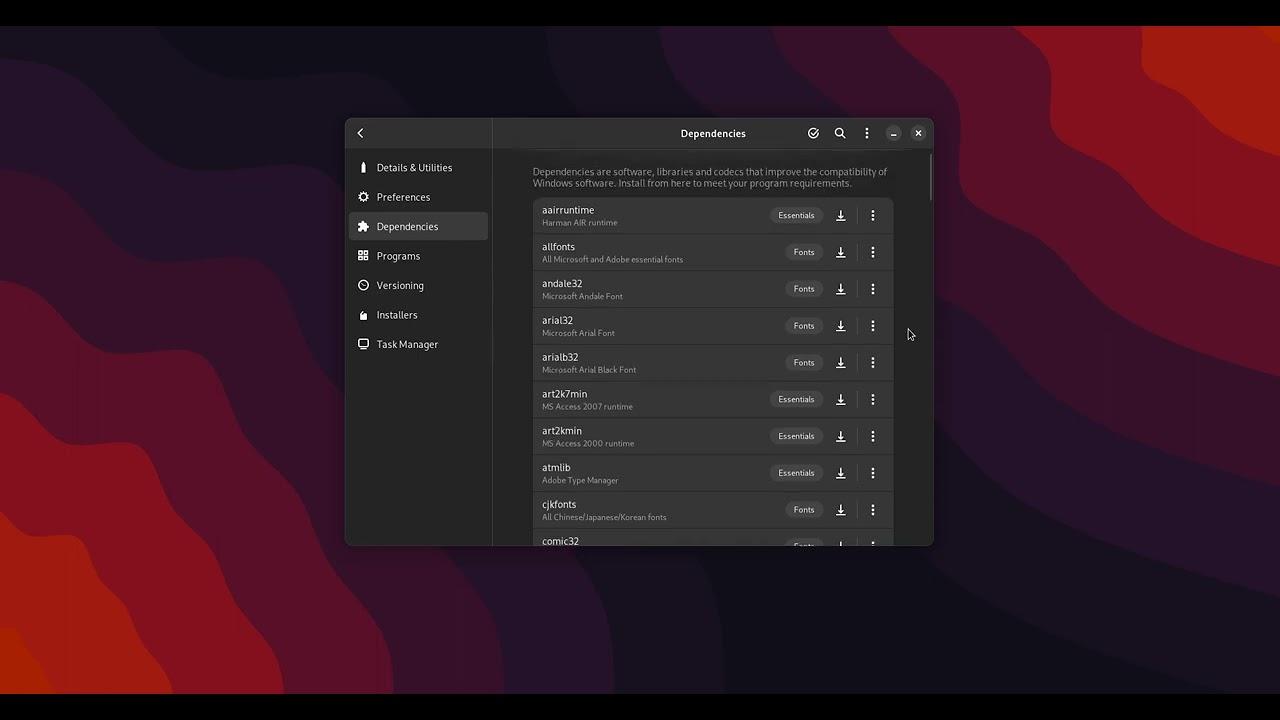
Direct Link
So with this new system, it allows you to install various Windows launchers, games and programs and mess about with them while also getting to restore the Bottle they're inside to a different state. Sounds incredibly useful for quickly testing various things.
More work has gone into the UI too, with the Library Mode now basically finished and they even implemented image covers taken from SteamGridDB too.
They said work is ongoing to allow custom covers, and manually picking one too if the one picked automatically from SteamGridDB is not what you want.
Main new additions includes:
- New versioning system which allow versioning the whole bottle (also configuration)
- Automatic versioning can now be toggled on and off
- Exclude paths from versioning using patterns
- Use compression for versioning states
- Improve Launch Options saving without update the UI multiple times
- Improved YAML performance using libyaml (the python-yaml package must provide support for it)
- New About dialog
- Covers support in Library mode (thanks to SteamGridDB)
- Removed DXVK HUD option, use the Environment Variables section instead
- bottles-cli shell option now provide command output
- The Health Check is now in the About´s Troubleshooting section
- Extended Core dependencies check, packagers are invited to double-check their packages
- New default permission for the Flatpak package: xdg-download
- Added credits for Third-Party Libraries in the Credits section
- Minor UI improvements
- Various bug fixes
Is it supposed to be similar to lutris/gamehubs/etc? One app to manage all your games with different launchers.
Or should I use steam and link it to each individual bottle? Put isn't it then like proton?
I don't know where to place bottles besides wine, proton, and steam. I even asked this on their support forum. What is a bottle use case?
Is it supposed to be similar to lutris/game hubs/etc.? One app to manage all your games with different launchers.
Or should I use steam and link it to each bottle? But isn't it then like proton?
I want this question answered. I don't quite understand what Bottle's purpose is
Lutris tries to do everything and the UI is pretty complicated to work with, plus updates have slowed on it quite a lot.
Bottles is a dedicated manager for installing and running apps with Wine. It helps you install and run various Windows launchers, games, apps and more.
They all have different targets.
I really don't get where to place bottles besides wine and proton and steam. I even asked this on their support forum. What is bottles usecase?As I understand it, the thing is that there are a lot of versions of Windows, and different games and applications were intended to run with different Windowses. There's some other odd stuff too. So to get something to work in Wine, you often have to tell it some specific stuff about what that something wants from Wine. Stuff that you maybe don't even know. And the options are confusing. And you're gonna have to tell it that stuff every time you run the thing.
Is it supposed to be similar to lutris/gamehubs/etc? One app to manage all your games with different launchers.
Or should I use steam and link it to each individual bottle? Put isn't it then like proton?
As I understand it, the point of Bottles is to have a setup for each application that gives it the specific Wine it needs, and have a UI showing all the things you run in Wine together, so you can just run them without fiddling.
Specifically, it only works one-way: if you roll back to a prior version, all versions that happened after that are deleted. Any changes you had after that point you'll need to redo manually.
This is an intentional limitation of the chosen [versioning system](https://github.com/mirkobrombin/FVS), which can help simplify things, but also means you need to be aware that the action of rolling back cannot be undone.
FVS per concept does not allow travel to the future, so all the States after the restored one are deleted.
Last edited by lectrode on 29 Jul 2022 at 6:36 pm UTC
The new versioning system looks nice, but seems to have a notable flaw when it comes to troubleshooting/determining which change caused a particular issue.
Specifically, it only works one-way: if you roll back to a prior version, all versions that happened after that are deleted. Any changes you had after that point you'll need to redo manually.
This is an intentional limitation of the chosen [versioning system](https://github.com/mirkobrombin/FVS), which can help simplify things, but also means you need to be aware that the action of rolling back cannot be undone.
FVS per concept does not allow travel to the future, so all the States after the restored one are deleted.
Travels to the future is something I want to allow in the near future, but it requires further investigation as it will be necessary to add branches to vs
Last edited by mirkobrombin on 29 Jul 2022 at 8:07 pm UTC
I really don't get where to place bottles besides wine and proton and steam. I even asked this on their support forum. What is bottles usecase?As I understand it, the thing is that there are a lot of versions of Windows, and different games and applications were intended to run with different Windowses. There's some other odd stuff too. So to get something to work in Wine, you often have to tell it some specific stuff about what that something wants from Wine. Stuff that you maybe don't even know. And the options are confusing. And you're gonna have to tell it that stuff every time you run the thing.
Is it supposed to be similar to lutris/gamehubs/etc? One app to manage all your games with different launchers.
Or should I use steam and link it to each individual bottle? Put isn't it then like proton?
As I understand it, the point of Bottles is to have a setup for each application that gives it the specific Wine it needs, and have a UI showing all the things you run in Wine together, so you can just run them without fiddling.
But that's what wine pfx and winetricks are for? So it "just" puts a nice UI around it to bundle those functions together?
Wine is basic with no proper UI to manage anything. Proton only works properly with Steam, as that's how it's designed.
Lutris tries to do everything and the UI is pretty complicated to work with, plus updates have slowed on it quite a lot.
Bottles is a dedicated manager for installing and running apps with Wine. It helps you install and run various Windows launchers, games, apps and more.
They all have different targets.
So bottles is basically "just" wine pfx with winetrickss bundled together in a nice UI?
I'm not sure what wine pfx is, but yeah, I think there's some analogy with Winetricks, although it's done in a somewhat different way. To be clear, it isn't bundling Winetricks, it's tackling kind of the same problem with a different technical slant.I really don't get where to place bottles besides wine and proton and steam. I even asked this on their support forum. What is bottles usecase?As I understand it, the thing is that there are a lot of versions of Windows, and different games and applications were intended to run with different Windowses. There's some other odd stuff too. So to get something to work in Wine, you often have to tell it some specific stuff about what that something wants from Wine. Stuff that you maybe don't even know. And the options are confusing. And you're gonna have to tell it that stuff every time you run the thing.
Is it supposed to be similar to lutris/gamehubs/etc? One app to manage all your games with different launchers.
Or should I use steam and link it to each individual bottle? Put isn't it then like proton?
As I understand it, the point of Bottles is to have a setup for each application that gives it the specific Wine it needs, and have a UI showing all the things you run in Wine together, so you can just run them without fiddling.
But that's what wine pfx and winetricks are for? So it "just" puts a nice UI around it to bundle those functions together?
But isn't Winetricks kind of semi-abandoned these days? I'd heard that, but recently I gave it a try and it has been . . . weird. Like, it installed the game I wanted to run, and it even gave me an icon, but when I click on the icon it just pops up a sort of Windows directory with all the game files, but then if I go into the directory and scroll down to the right file and doubleclick that, the game will run. WTF?!
. . . Wait, no, I think that was PlayonLinux that did that. But I think both of them aren't being updated much.
Last edited by Purple Library Guy on 2 Aug 2022 at 2:01 am UTC
I'm not sure what wine pfx is, but yeah, I think there's some analogy with Winetricks, although it's done in a somewhat different way. To be clear, it isn't bundling Winetricks, it's tackling kind of the same problem with a different technical slant.I really don't get where to place bottles besides wine and proton and steam. I even asked this on their support forum. What is bottles usecase?As I understand it, the thing is that there are a lot of versions of Windows, and different games and applications were intended to run with different Windowses. There's some other odd stuff too. So to get something to work in Wine, you often have to tell it some specific stuff about what that something wants from Wine. Stuff that you maybe don't even know. And the options are confusing. And you're gonna have to tell it that stuff every time you run the thing.
Is it supposed to be similar to lutris/gamehubs/etc? One app to manage all your games with different launchers.
Or should I use steam and link it to each individual bottle? Put isn't it then like proton?
As I understand it, the point of Bottles is to have a setup for each application that gives it the specific Wine it needs, and have a UI showing all the things you run in Wine together, so you can just run them without fiddling.
But that's what wine pfx and winetricks are for? So it "just" puts a nice UI around it to bundle those functions together?
But isn't Winetricks kind of semi-abandoned these days? I'd heard that, but recently I gave it a try and it has been . . . weird. Like, it installed the game I wanted to run, and it even gave me an icon, but when I click on the icon it just pops up a sort of Windows directory with all the game files, but then if I go into the directory and scroll down to the right file and doubleclick that, the game will run. WTF?!
. . . Wait, no, I think that was PlayonLinux that did that. But I think both of them aren't being updated much.
Wine pfx is short for prefix folder. The one where wine stores all it's information. With winetricks/protontricks you can easily modify it to add needed compatibility components.
It's less user friendly and accessible, but that's basically how it works under the hood for proton also

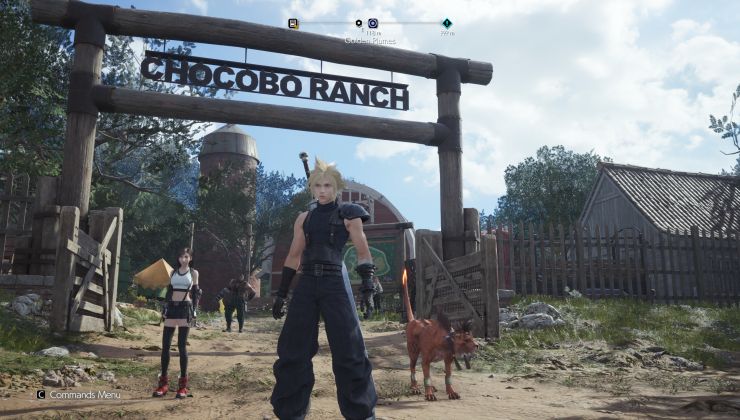
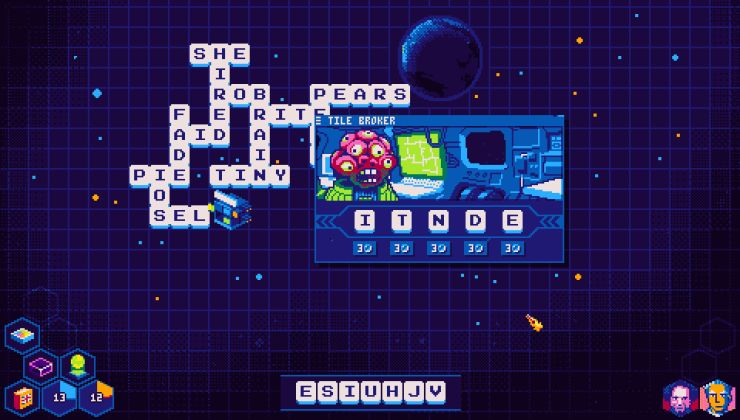
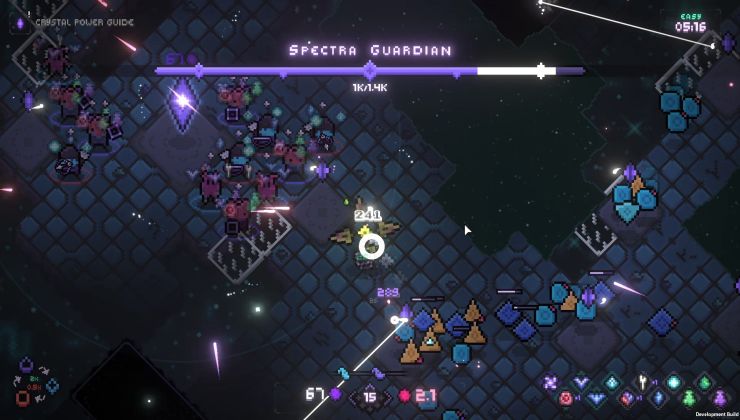
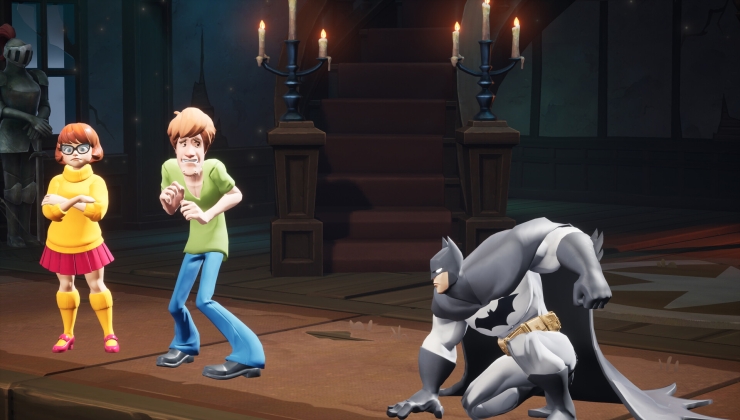


 How to set, change and reset your SteamOS / Steam Deck desktop sudo password
How to set, change and reset your SteamOS / Steam Deck desktop sudo password How to set up Decky Loader on Steam Deck / SteamOS for easy plugins
How to set up Decky Loader on Steam Deck / SteamOS for easy plugins
See more from me